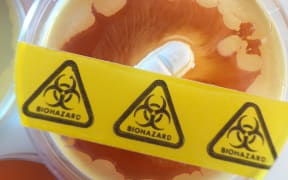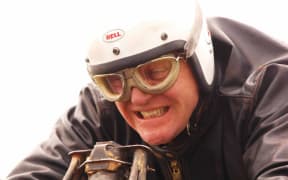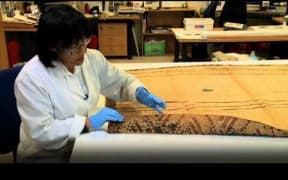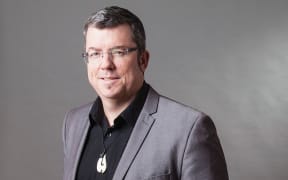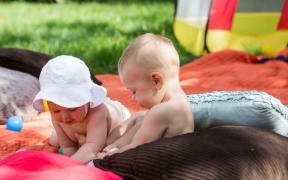New Zealand scientists who are seeking answers to some of life's biggest questions have received $84.6 million in grants in this year's Marsden Fund.
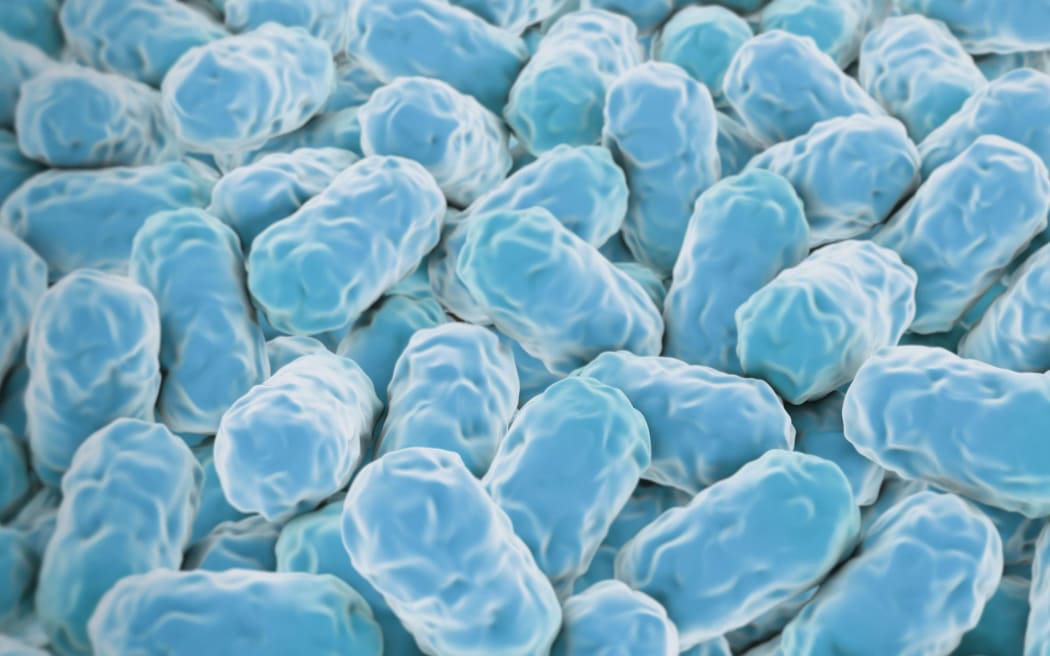
A collection of single-celled microbes Photo: 123RF
The Royal Society of New Zealand has given funding to 133 research projects.
RNZ's Charlie Dreaver spoke to three of the recipients.
Where did life begin?
Kathy Campbell from the University of Auckland wants to find new evidence on the origin of life on earth, by drilling into the world's oldest known land-based hot springs, in outback Western Australia.
Researchers only recently found the 3.5 billion year old rock formation, which would push back the existence of life on land by 580 million years.
This timeframe would be comparable with some of the earliest ocean fossils.
Professor Campbell said the idea that life began in deep sea thermal vents on the ocean floor has been a popular hypothesis for a long time.
"There are other places, and some include that life was seeded from comets, or asteroids that hit the Earth, so it came from outer space.
"Other ideas are maybe the interface between the sea water itself and the atmosphere. There's a lot of ideas, but this one about hot springs on land is also one," she said.
The research could be used by NASA to search for previous life forms on Mars.
She said she believed the location where her group were searching - in geothermal deposits - was the best place to look, as the chances of microbe preservation were good.
Professor Campbell said this would have major implications for encouraging young New Zealanders to begin a career in science.
"Kids think that it's a NASA programme that's somewhere else, but in fact we're very much part of the space age."
Could humans regenerate limbs and organs?
Megan Wilson from the University of Otago will investigate whether sea squirts (Botrylloides leachi) found in Otago Harbour could hold the answer to human limb regeneration.
It was announced today the study will receive $820,000 from the fund.
Dr Wilson said the research would focus on how sea squirts healed themselves and regenerate tissue.
"And what stops it from undergoing a regeneration and forming more organs and more tissues.
"That's what we're interested in with ... respect to humans, in that we can heal and form scars, but we're not very good at regenerating whole tissues."
Dr Wilson said sea squirts have the same genes as people, so if they can find out how they regenerate, the same methods may work for human limbs and organs.
"So what we want to see if there's any particular genes that are also present in the human genome and whether they are turned on as well during tissue regeneration or scaring."
Are traumatic memories unique or is it all in your mind?
A new study aims to prove there is no such thing as traumatic amnesia and memories of traumatic events are the same as regular ones.
Rachel Zajac from Otago University and Maryanne Garry at the University of Waikato will delve into how people recall traumatic events.
Professor Maryanne Garry said people tended to think traumatic memories were different to others, as they could be chaotic and incoherent.
"So what our early data suggests is that all those memories behave similarly and they're not fragmented.
"When you bring to mind a memory that you haven't thought about in a time, regardless of whether it's traumatic, regardless of whether it's important or positive, all of those feel jumbled, incoherent and are missing that underlying story."
She said the research would help with the understanding memory and could help clinicians treating patients who have experienced traumatic events.

